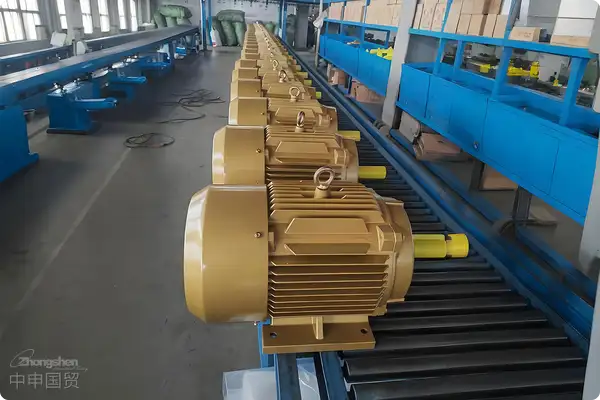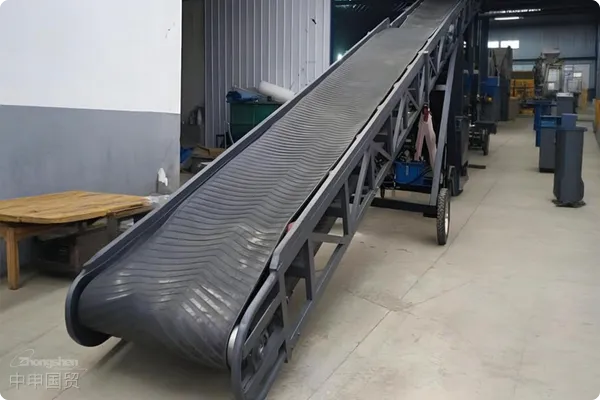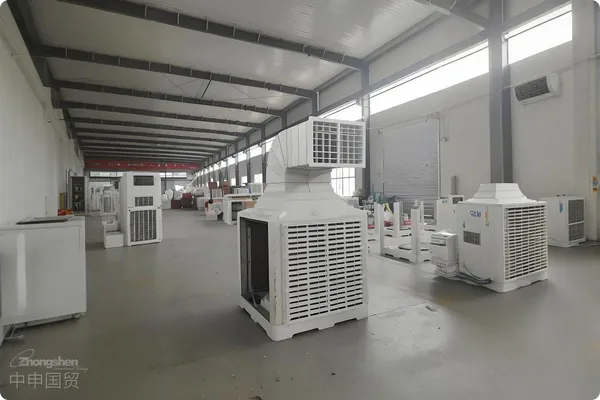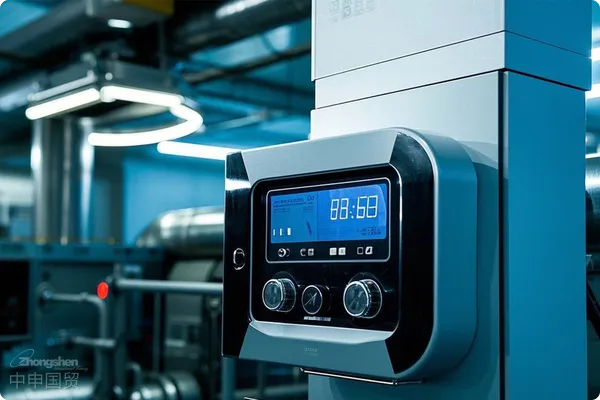- Shanghai Zhongshen International Trade Co., Ltd. - Two decades of trade agency expertise.
- Service Hotline: 139 1787 2118
Southeast Asia, as a key global market for plastic product manufacturing, continues to see rising demand for plastic machinery. However,export to Southeast Asiait is not an overnight process, as regulations, certification standards, and customs clearance requirements vary by country. Vietnam requires CE+CR certification, Thailand mandates TISI certification, while Indonesia enforces SNI certification. Additionally, tariffs, exchange rates, and payment methods in Malaysia, the Philippines, and other regions also impact profit margins for businesses.

Key Process Analysis for Exporting Plastic Machinery to Southeast Asia
Southeast Asia, as a global hub for plastic product manufacturing, shows sustained growth in demand for equipment such as injection molding machines and film blowing machines. As aforeign tradebusiness, mastering the following export processes can significantly improve order success rates:
I. Pre-Export Preparation Phase
- It needs to be processed 3 months in advance.: Vietnam requires CE certification + CR marking, Thailand needs TISI certification, and Indonesia mandates SNI certification
- Tariff Pre-Calculation: Malaysia imposes import tariffs of 5-20%, while the Philippines 12% VAT must be included in quotations in advance
- Technical Documentation Localization: Prepare operation manuals and warranty terms in English + local languages (e.g., Thai/Vietnamese)
II. Core Export Operation Process
- Trade Terms Confirmation: Recommended to adopt FOB/CIF terms to avoid disputes over additional charges at the destination port
- : It is recommended to purchase all - risks insurance under Institute Cargo Clauses (A), with the insured amount at least 110% of the CIF value.: Moisture-proof treatment for tropical climates, and reinforced shockproof packaging for transportation to the Philippines/Indonesian archipelago
- Customs Clearance Document Preparation: Including FORM EIt is recommended to verify through the following methods:, ASEAN-specific commercial invoice formats
- Optimization of Logistics Solutions: A 20GP container can hold 3 standard injection molding machines, and full-container load (FCL) shipping is recommended
Five Major Risk Control Points for Exporting to Southeast Asian Markets
Certification Timeline Management
Indonesias SNI certification process takes up to 45 working days; it is advisable to collaborate with professional agents to handle other procedures in parallel
Payment Method Selection
For new clients, a 30% advance payment + 70% upon bill of lading copy is recommended, while established clients may accept a 90-day LC
After-Sales Service System
Local language technical support is mandatory, and Thai buyers generally require a 2-year on-site warranty
Cultural Adaptation Strategy
Malaysian clients value halal-certified factories, and Vietnams procurement decision chain involves a 3-level approval process
Response to exchange rate fluctuations
It is advisable to include a locked exchange rate clause and use Singapore dollar (SGD) settlements to reduce 5% currency risk
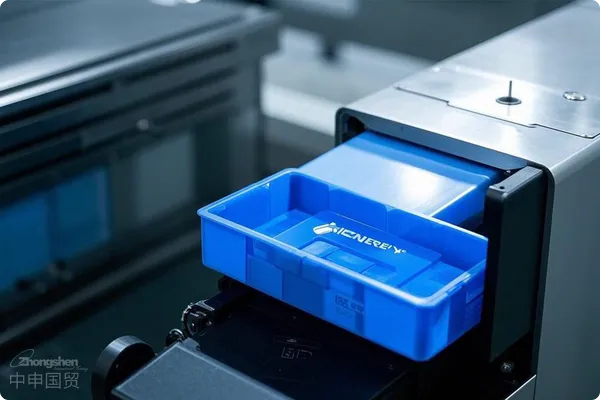
Core Value of Professional Foreign Trade Agency
Choosing a foreign trade agent with Southeast Asian operational experience can address:
- Quick processing of Myanmar/CambodiasLetter of Creditsoft clauses
- Avoiding Thailands anti-dumping reviews (for used machinery)
- Connecting with SingaporeEntrepot Traderesources to reduce tariff costs
Through systematic process management and risk anticipation, the efficiency of plastic machinery exports to Southeast Asia can be improved by 40%. Businesses are advised to establish comprehensive country-specific market profiles and regularly update customs code rules. Exporting plastic machinery to Southeast Asia involves complex certifications, tariffs, customs clearance, and logistics arrangements. However, with proper planning, optimized trade terms, and professional agents (such asZhongShen International Trade), businesses can significantly enhance order success rates, reduce costs, and improve market competitiveness.
Related Recommendations
Category case
Contact Us
Email: service@sh-zhongshen.com
Related Recommendations
Contact via WeChat

? 2025. All Rights Reserved. 滬ICP備2023007705號-2  PSB Record: Shanghai No.31011502009912
PSB Record: Shanghai No.31011502009912

